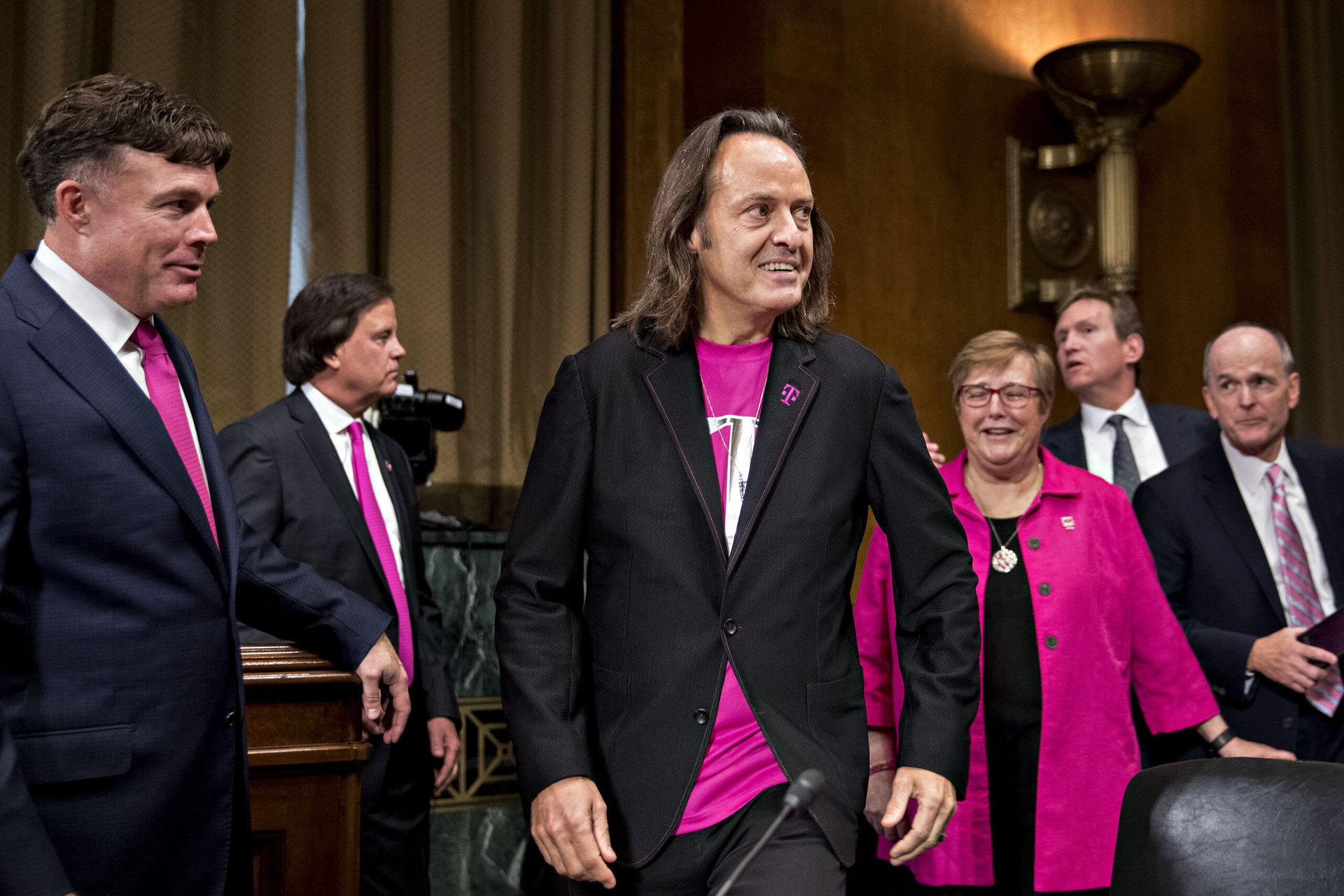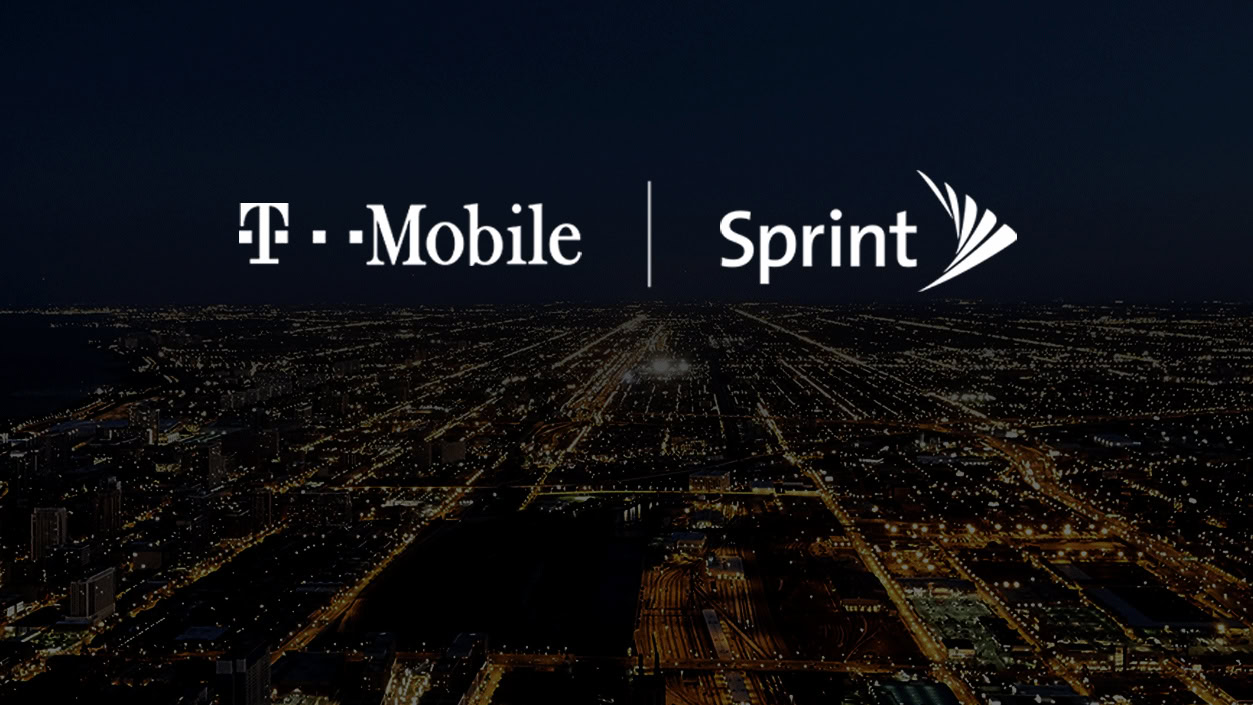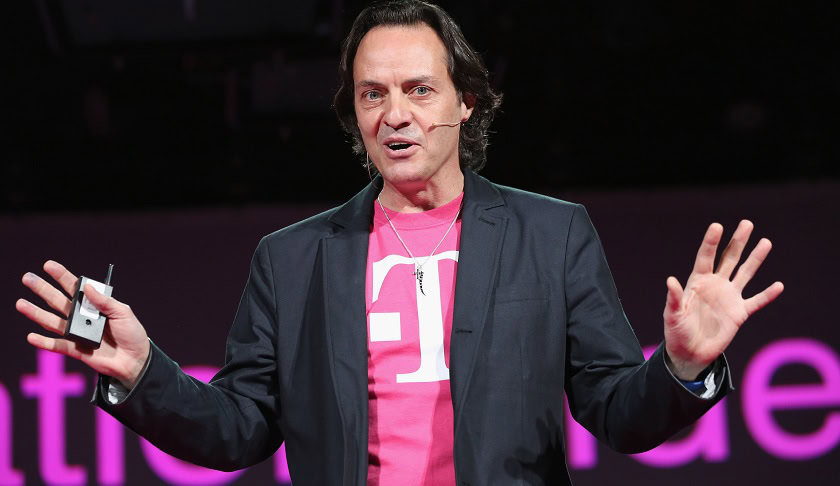Affiliate links on Android Authority may earn us a commission. Learn more.
Analysis: John Legere stands tall at Senate Judiciary Committee meeting

- John Legere showed grace-under-pressure during a hearing yesterday regarding the proposed T-Mobile-Sprint merger.
- Legere defended the merger as a boon for competition against Verizon and AT&T, and a job-creator (eventually).
- It is still unclear if the merger will earn government approval.
The proposed T-Mobile-Sprint merger seems to get more real every day, which is saying a lot considering this is the third time in four years that the companies have worked to join forces.
The only real hurdle the companies face now is approval from the government to go ahead with the deal. As part of that approval process, yesterday T-Mobile CEO John Legere and Sprint executive chairman (and former CEO) Marcelo Claure participated in a formal hearing with the Senate Judiciary Committee’s subcommittee on antitrust issues.
According to two analysts at Fortune, John Legere stole the show.

Legere showed up to the hearing in his usual garb of a magenta-colored T-Mobile t-shirt and a black sports coat emblazoned with the T-Mobile logo, causing him to stand out like a sore thumb among the traditional professional attire of the government officials. Other T-Mobile employees in attendance had magenta-colored ties and jackets to show solidarity with Legere.
Three lawmakers – Sen. Mike Lee, Sen. Amy Klobuchar, and Sen. Richard BLUmenthal – grilled Legere and Claure for just over two hours. The questions they asked primarily centered around two ideas: will T-Mobile’s acquisition of Sprint preserve a competitive mobile industry and will it or won’t it hurt American jobs?
According to the Fortune analysts, “if a boxing referee adjudicated the hearing, they might say no one laid a glove on Legere.”
John Legere should show Mark Zuckerberg how government inquisitions are done.
When the senators asked Legere about how competition between the four major U.S. carriers will be preserved if one of them is eliminated, Legere was ready: “This is actually moving from two [competitors] to three.” Legere argued that AT&T and Verizon only change their business practices when they are forced to by competition. “This is creating a viable competitor,” he said.
Legere is referring to the idea that Verizon and AT&T are so much larger than T-Mobile and Sprint, that there are really two tiers of competition in the wireless industry. To illuminate the difference, the charts below show that even if T-Mobile and Sprint merge, the resulting company will still be smaller than AT&T:
George Slover, a senior policy counsel of Consumers Union in attendance (who generally seemed against the merger), argued that “It is foolhardy to let go of the heated competition we currently have.” But Legere brushed that away with a reaffirmation of what T-Mobile is: “T-Mobile is a proud disruptor. It is in our DNA. It is what drives my magenta-wearing employees. It is our brand.”

When grilled on the potential loss of American jobs due to employee redundancy from the merger, Legere was ready for that as well. “Jobs will go up,” he said, explaining that one of the first orders of business for the T-Mobile-Sprint combo company would be to move Sprint’s customer care operations back to the United States from its current home overseas. That would add 7,700 new employees.
Legere did admit that at the beginning there would be layoffs due to a redundancy of positions, explicitly calling for the elimination of 3,200 full-time retail jobs and 8,000 indirect and direct retail jobs.
There's no question that the merger will cause the loss of jobs, but can we believe Legere's promise that they'll come back?
However, Legere promised to compensate for those losses by hiring over 10,000 employees to tackle the in-home broadband market and 12,000 to deploy new services in rural areas.
According to Fortune, “Legere successfully ran through the gauntlet of objections and emerged unscathed.” But will his success under pressure actually get the merger approved? As of now, it’s still hard to say, as none of the senators on hand seemed to side for or against the consolidation throughout the proceedings.
What do you think? Is the T-Mobile-Sprint merger ready for prime time, or would the deal hurt the industry and raise prices for customers? Let us know in the comments!